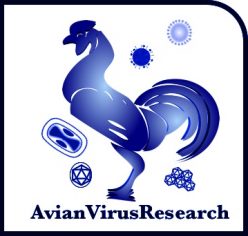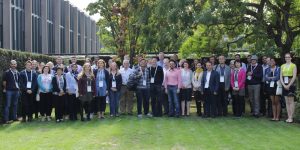This statement applies to content published on avianvirusresearch.org. It does not apply to content on any subdomains (i.e. ChISG Browser) or linked pages.
We want as many people as possible to be able to use this website. For example, that means you should be able to:
Responsive design (meaning the display of all content is optimised for all screen sizes)
· Skip to main content links
· Text resizing
· Colour contrasts
· Video captions, transcriptions and audio (i.e. podcasts) descriptions
· Any content types or features that have been optimised to meet accessibility such as accordions, slideshow/carousels, tables and tabs.]
AbilityNet has advice on making your device easier to use if you have a disability.
How accessible the website is
Parts of this website are not fully accessible. For example:
- [some pages and document attachments are not clearly written i.e. Podcasts
- some tables do not have row headers, have poor colour contrast some images do not have good alternative text i.e. in page: ChISG Browser
What we do about known issues
We work to achieve and maintain WCAG 2.1 AA standards, but it is not always possible for all our content to be accessible. Where content is not accessible, we will state a reason, warn users and offer alternatives.
Technical information about this website’s accessibility
avianvirusresearch.org is committed to making its website accessible in accordance with the Public Sector Bodies (Websites and Mobile Applications) (No. 2) Accessibility Regulations 2018.
This website is fully compliant with the Web Content Accessibility Guidelines version 2.1 AA standard.
Disproportionate burden
“not applicable”.
Enforcement procedure
The Equality and Human Rights Commission (EHRC) is responsible for enforcing the Public Sector Bodies (Websites and Mobile Applications) (No. 2) Accessibility Regulations 2018 (the ‘accessibility regulations’). If you’re not happy with how we respond to your complaint, contact the Equality Advisory and Support Service (EASS).
How we test this website
This website is currently being tested for accessibility compliance on 22 September 2020, and these tests will be carried out internally by the Digital Accessibility Obligations Team.
We used the methodology approach as described in the Imperial College’s accessibility guidance when deciding on a sample of pages to test.
Last updated
This statement was prepared on the 21st of September 2020. It was last updated on the.

